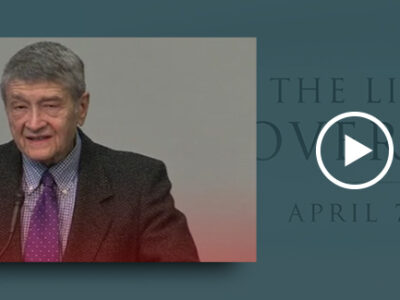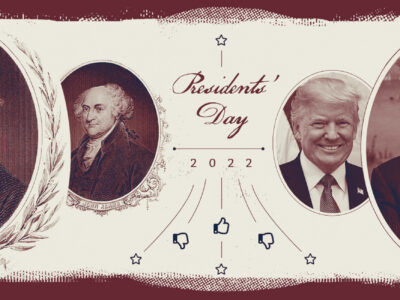President Bush is back from Africa. His trip was intended to show that America cares about the plight of African Third World countries. However, if one views the bulk of Sub-Saharan African countries as sick patients needing treatment, then Dr. Bush should have honestly diagnosed the sources of their current decline. Here are three points he should have made, but did not.
First, many of the maladies with which African countries have been afflicted since independence are traceable to the actions of their own leaders.
The late Mobutu Sese Seko is typical. During his thirty-five year regime in Zaire (Congo) he filled his own pockets and those of his supporters with the people’s money. He built dozens of palaces, residences in France and Morocco. He squandered millions. After visiting New York City, he even insisted on building a smaller version of the World Trade Center in Kinshasa, the Zairian capital. This is only a glimpse at the waste and self-aggrandizement of his spending.
The gross misrule of Amin (Uganda), Bokassa (Central African Republic), Mengistu (Ethopia), today’s Mugabe (Zimbabwe) and a dozen others produced much of the current instability and poverty in Africa. This analysis is “hard to swallow” but accurate.
Secondly, Dr. Bush should have expressed regret that African governments, with few exceptions, embraced “African socialism.” State enterprises, parastatal agencies, agricultural price controls, heavy governmental regulation, became and still remain the public policy of African states. State enterprises were often created for show rather than in response to true economic demand.
Parastatal marketing boards held down agricultural prices and, as a consequence, diminished the incentive for farmers to produce. These same parastatals became the spawning ground for nepotism and bribery. The heavy regulation of economic activity—long waiting periods to get licenses, permits, authorizations—established African bureaucracies as being just as dilatory as their Indian and Latin American counterparts.
Only in the last ten years have some African governments started to privatize selected state enterprises, lessened the stranglehold of parastatals, abolished price controls and loosened the regulatory bonds that have thwarted economic progress in Africa. But there is much more to be done there before there is a healthy recovery.
Thirdly, and ironically, while African governments pursued policies that were harmful to their people, they neglected the long-recognized functions of government—keeping order, protecting property, providing a sound currency and expanding the African infrastructure such as roads and bridges. Consequently, their countries got sicker and sicker.
On the matter of order, hundreds of thousands of Africans have been killed in the last two decades by civil disorder, which their governments failed to prevent. Private property of natives and of foreign investors have been violated by the voracious appetites of African governments. Organizations that assess the “riskiness” of emerging economies regularly list African countries as presenting “maximum” risk to investors. Sadly, the international investors that could bring needed money capital to investment-starved Africa sink shockingly little into African ventures.
Monetary instability—the fever of hyperinflation—has also plagued the continent. Zaire is a case in point. In 1993 it took three Zaires, the local currency, to purchase one U.S. dollar. Four years later it took an astounding 162,000 Zaires to purchase one U.S. dollar! When Laurent Kabila succeeded Mobutu as dictator of Zaire, he established a new currency, the Congolese franc, but in 2000 he was only able to lower inflation to a distressing 511%. Hyperinflation—produced by the government printing press-destroys savings and makes inter—regional trade difficult.
Finally, the infrastructure—largely roads—has been allowed to deteriorate at an astonishing rate. For example, the Congo, at independence had 88,000 miles of all-weather roads. Twenty years later roads traversable in all seasons had declined to only 6,000 miles and is lower today, stifling the movement of goods and people.
For the most part, the countries of Sub-Saharan African are emergency room cases. Unless visitors like President Bush are painfully blunt about the nature of the maladies that threaten them, the patients are likely to become completely debilitated.




